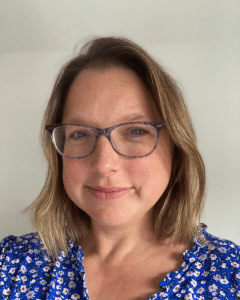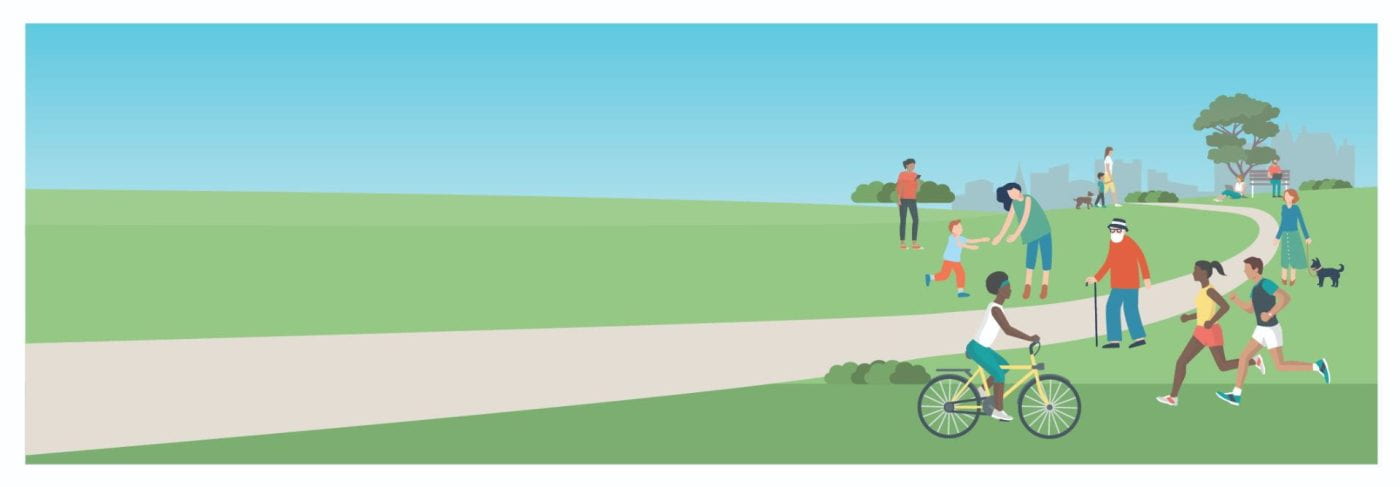A Researcher Carrying a Feeling That I Should’ve Done More: My Journey To Knowledge Mobilisation
By Dr Clare Thomas

My interest in knowledge mobilisation (KM) started when I was a PhD student almost 20 years ago, except back then I didn’t have a label for it and I didn’t know how to do it! My PhD involved developing an intervention to support women make decisions about childbirth after previous caesarean section. It was a success by academic standards; I published several papers, presented at conferences, and secured myself a great post-doc position. But I was left with a nagging feeling that I should’ve done more to make my effective intervention available for women to use. I made a couple of attempts to find an implementation route, but didn’t get very far, and I had to move on with my next research project. Though that nagging feeling stayed with me.
In the intervening years, recognition of the importance that our research isn’t just an academic success, but also makes a difference in the “real world” has been growing. The funders of both health research and higher education institutions as a whole are asking us to demonstrate the impact of our research alongside our citation counts. Growing too is the belief and the evidence-base that KM is a route by which that impact can be achieved.
In 2019 I was given the opportunity to develop my nagging feeling into action when I was appointed to KM and implementation roles at the NIHR Health Protection Research Unit in Behavioural Science and Evaluation and NIHR ARC West. In these roles I have been fortunate to work alongside Bristol-based trailblazers in KM, Lesley Wye, Helen Baxter and Sabi Redwood. I have learnt so much from them and from many others. I have also supported projects which have made a difference, for example, to the delivery of harm reduction interventions amongst people who inject drugs, and to the uptake of HPV vaccinations in schools.
In my current post in the Population Health Science Institute, alongside Theo, we are aiming to raise awareness of KM and support the population health research community in Bristol to think about it more and do more. We appreciate this is not an easy ask for researchers, it requires time and resources they very often don’t have and skills and confidence they are yet to develop. But we are trying to capitalise on the momentum and passion for making a difference that already exists in our research teams and we hope many will join us.
I will close by sharing some KM lessons I have learned along the way:
- Take every opportunity to connect and expand your network. A connection might not be useful to you right now, but it may be in the future
- Acknowledge there is often an element of luck to generating impact, but knowledge mobilisation can help increase your chances of being in the right place, with the right people, at the right time to make change happen.
- If luck doesn’t go your way, and you don’t have the impact you hoped for, then celebrate and place value on the efforts you made, the lessons you learnt, the people you met and how these will help you have greater success next time.

